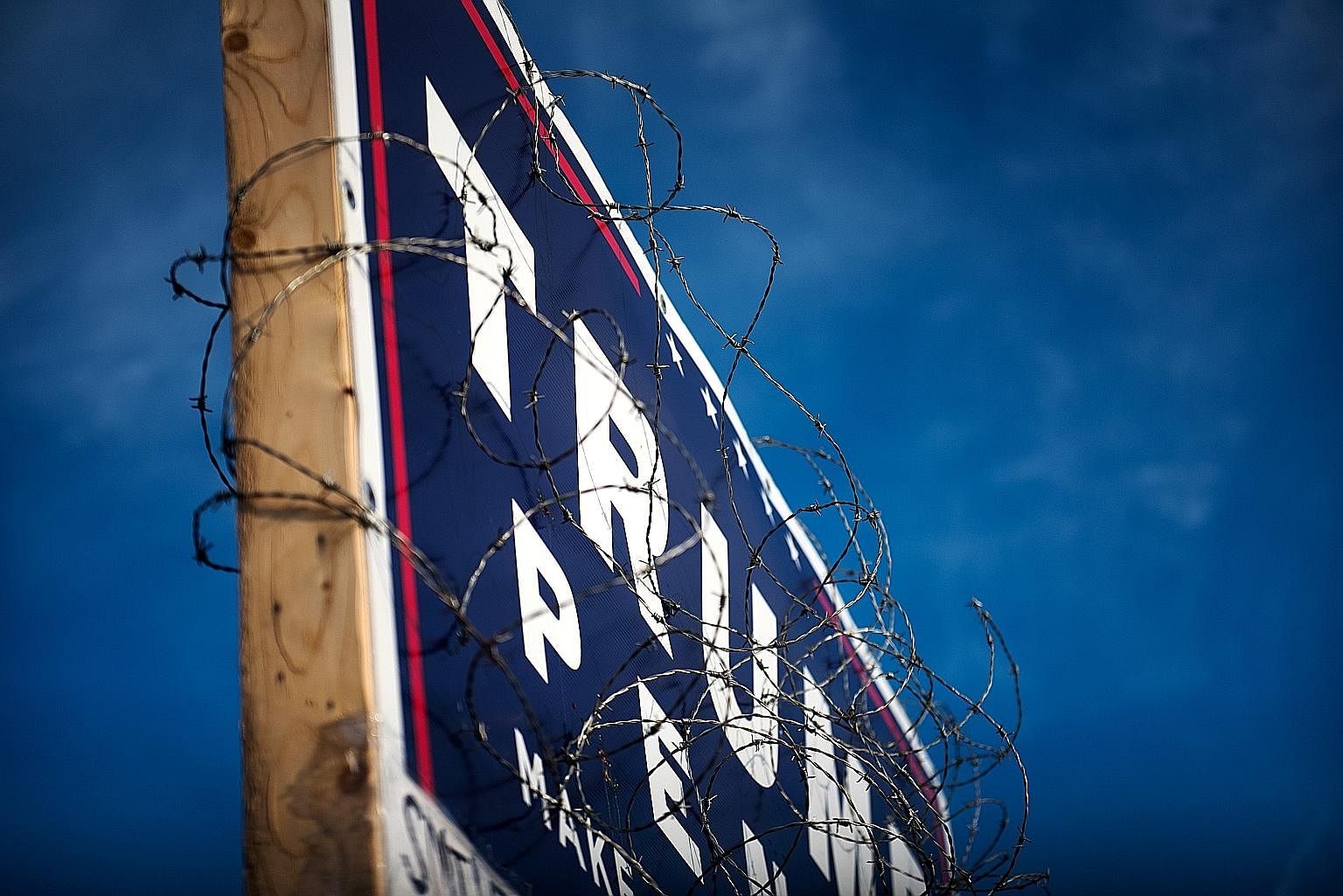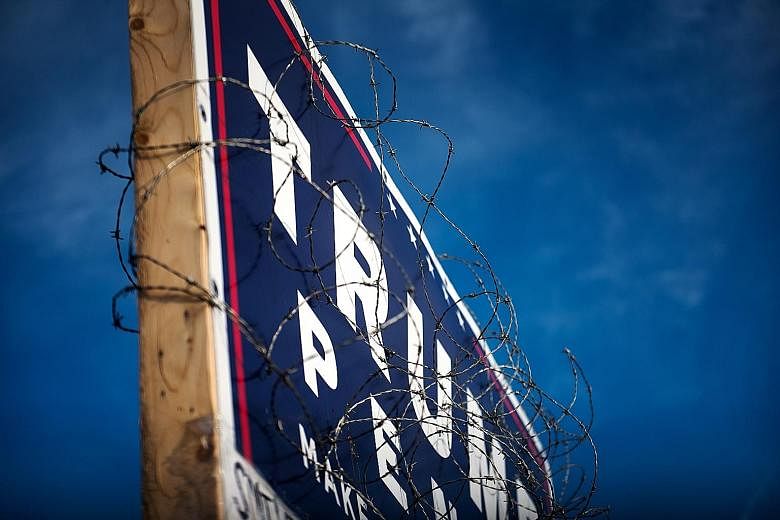It is hard to avoid running into news about the controversial United States' President-elect Donald Trump this past week.
A barrage of reports have speculated on what the future holds for the US and rest of the world. What might a Trump regime also mean for the tech world?
Many tech leaders, including Apple's Tim Cook, Alphabet's Eric Schmidt, Dropbox's Drew Houston and Netflix's Drew Hastings endorsed Hillary Clinton for the presidency. The state of California - where Silicon Valley resides - voted overwhelmingly for her with a 61.5 per cent majority.
Unlike Mrs Clinton's well-detailed policies on technology - such as providing every US student a chance to learn computer science that are welcomed by tech executives - Mr Trump does not have any technology policy plans to speak of.
CYBER SECURITY
However, Mr Trump does have a Cybersecurity section on his presidential campaign website stating "an immediate review of all US cyber defences and vulnerabilities, including critical infrastructure, by a Cyber Review Team of individuals from the military, law enforcement, and the private sector".
There were no details.

This is a man who barked at Apple's refusal to unlock the San Bernardino shooter's iPhone. "To think that Apple won't allow us to get into her cellphone? Who do they think they are?" Mr Trump said during an interview with Fox News this February.
He even called for a boycott of Apple products should the Cupertino tech giant continue to defy FBI's orders.
Like Russian President Vladimir Putin and former US President George W Bush, he seems to favour mass surveillance of his citizens in the name of security. He even asked Russia to help find Mrs Clinton's "missing" e-mails.
Having a backdoor on all Android and iOS smartphones might not be beyond Mr Trump's directives. People's privacy is at stake here.
BRINGING JOBS BACK TO THE US
In January this year, Mr Trump said he would "get Apple to start building their damn computers and things in this country, instead of in other countries" during a speech in Liberty University.
It was his populist way of getting more jobs back to the US. He has even blamed Singapore for stealing US jobs.
And Apple will not be his sole focus. Other American smartphone and PC makers, like Google, HP and Dell, all rely on the manufacturing expertise in China.
We can only speculate on how Mr Trump intends to do that, as he has provided no concrete plans. But during his campaign, he has proposed imposing stiffer tariffs - up to 45 per cent - on China-made products.
If so, prices of smartphones and other electronic devices will go up for the US market. Americans will not be happy that their iPhones and Pixels are more expensive than the rest of the world.
Will it affect consumers in Singapore? US tech companies might increase the prices of their devices across the globe to lessen the burden on American consumers.
On the other hand, it is a great opportunity for Asian tech giants like Samsung and Xiaomi to shine, if US tech companies suffer the onslaught of Mr Trump's policies.
TALENT
Another of Mr Trump's proposals to bring jobs back to the US is to place caps on H-1B visas, or the visa of highly-skilled workers.
Many Silicon Valley companies, such as Facebook, depend on these US H-1B visas holders who are specialised programmers and engineers.
Placing a limit would hinder the progress of products and services that serve the global market.
Not to mention, Mr Trump's xenophobic and Islamophobic rhetoric during the presdential campaign might deter talents from seeking work in the US.
Singapore might benefit if Silicon Valley companies decide to shift their operations to other countries. With its Smart Nation initiatives, the Republic may welcome such talents and operations.
UNCERTAIN FUTURE
The only certainty is the uncertainty for the tech world.
It remains unclear how much of an impact a Trump administration would have on Silicon Valley and, consequently, the tech industry.
It all depends on whether Mr Trump pushes ahead with his policies on trade tariffs, immigration and cyber security.


